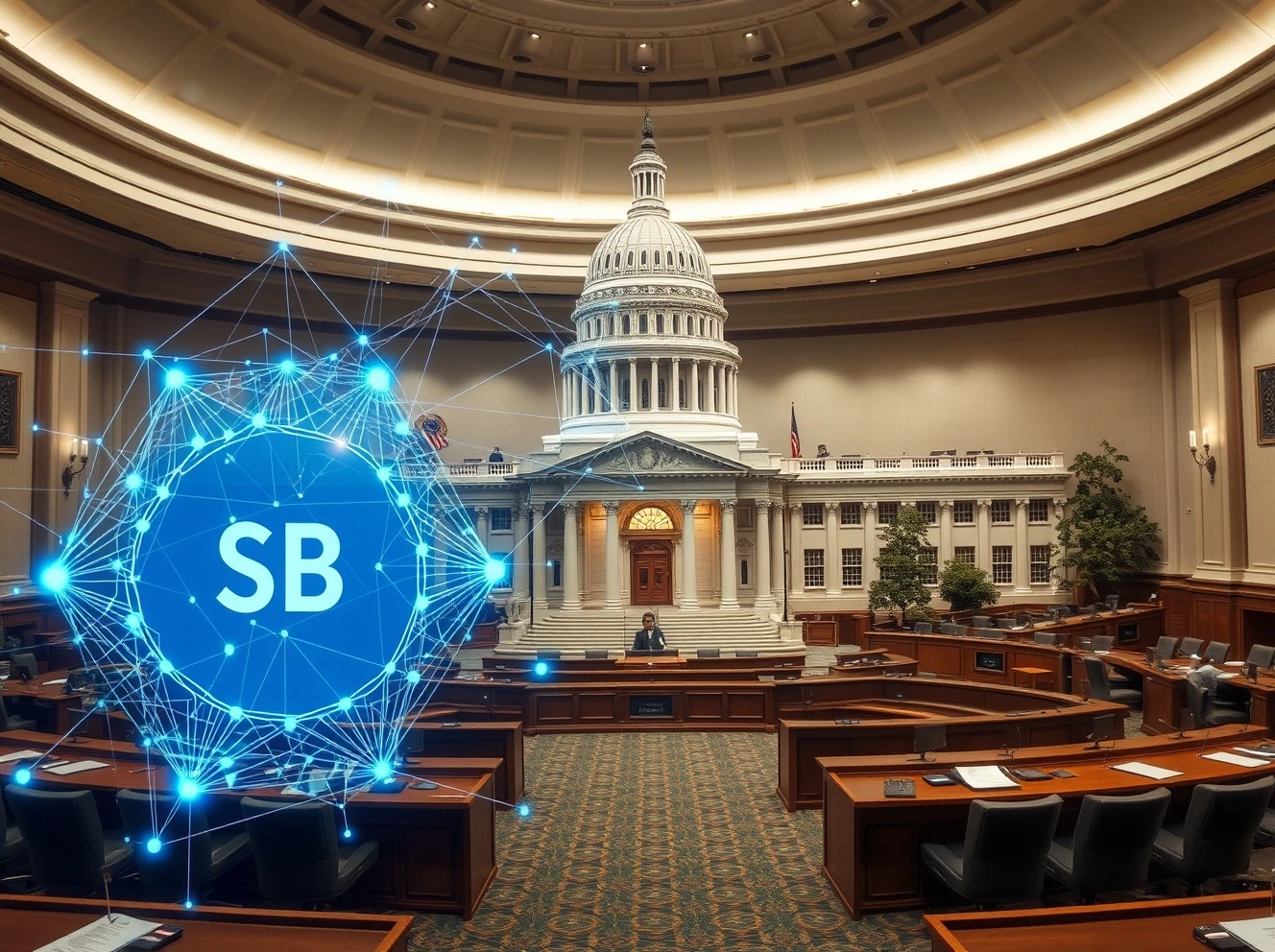In a significant development for artificial intelligence regulation, Anthropic has officially endorsed California’s groundbreaking AI safety bill SB 53, creating a major shift in the ongoing debate about how to govern rapidly advancing AI technologies that could transform business operations and entrepreneurial landscapes.
Understanding California’s AI Safety Bill Requirements
Senator Scott Wiener’s SB 53 represents the nation’s first comprehensive AI safety legislation targeting major developers. The bill mandates specific transparency measures for companies generating over $500 million in revenue. Consequently, these requirements include developing safety frameworks and publishing regular security reports. Additionally, the legislation establishes crucial whistleblower protections for employees reporting safety concerns.
Key Provisions of the AI Safety Legislation
The AI safety bill focuses specifically on catastrophic risk prevention rather than addressing more common AI concerns. Specifically, SB 53 defines catastrophic risks as events causing either 50+ fatalities or exceeding $1 billion in damages. Moreover, the legislation targets extreme scenarios including biological weapon creation assistance and sophisticated cyberattacks. Importantly, the bill excludes regulation of near-term issues like deepfakes or AI sycophancy.
Industry Response to the AI Safety Proposal
Anthropic’s endorsement marks a notable victory for the AI safety bill amid significant opposition from major tech organizations. However, groups like CTA and Chamber for Progress actively lobby against the legislation. Furthermore, investors including Andreessen Horowitz and Y Combinator previously opposed similar measures. Meanwhile, the Trump administration threatens to block state-level AI regulations entirely, arguing they could hinder American innovation competitiveness.
Constitutional Challenges and Legal Considerations
Opponents of the AI safety bill raise constitutional concerns regarding interstate commerce limitations. Specifically, Andreessen Horowitz’s legal team argues state bills might violate the Commerce Clause. Nevertheless, policy experts note SB 53 demonstrates more legislative restraint than previous attempts. Additionally, the bill recently removed third-party audit requirements that tech companies considered overly burdensome.
Federal Versus State AI Regulation Debate
Anthropic acknowledges that federal regulation would ideally govern AI safety standards. However, the company emphasizes that technological advancement cannot await Washington consensus. Similarly, co-founder Jack Clark states that while preferring federal standards, state legislation creates necessary governance blueprints. Conversely, OpenAI argues against regulations that might disadvantage California startups without specifically addressing SB 53.
Political Landscape and Implementation Timeline
California’s Senate already approved an earlier version of the AI safety bill, but requires a final vote before reaching Governor Newsom’s desk. Notably, the governor previously vetoed Senator Wiener’s SB 1047, though SB 53 incorporates feedback from expert panels convened by Newsom himself. Policy analysts now believe the modified bill stands a stronger chance of becoming law given its more measured approach to AI governance.
FAQs About California’s AI Safety Bill
What companies would SB 53 affect?
The AI safety bill specifically targets developers with over $500 million in annual revenue, including Anthropic, OpenAI, Google, and xAI.
How does SB 53 define catastrophic risks?
The legislation defines catastrophic risks as events causing either 50 or more deaths or exceeding one billion dollars in damages.
What protections does the bill offer employees?
SB 53 establishes whistleblower protections for employees who report AI safety concerns within their organizations.
How does SB 53 differ from previous AI legislation?
Unlike SB 1047, this AI safety bill focuses exclusively on catastrophic risks and eliminates third-party audit requirements that drew significant opposition.
What is the current status of the legislation?
The California Senate approved an earlier version, but the bill requires a final vote before advancing to Governor Newsom for consideration.
Why do some tech companies oppose state AI regulations?
Opponents argue that state-level regulations create compliance complexities and might violate constitutional provisions regarding interstate commerce.








